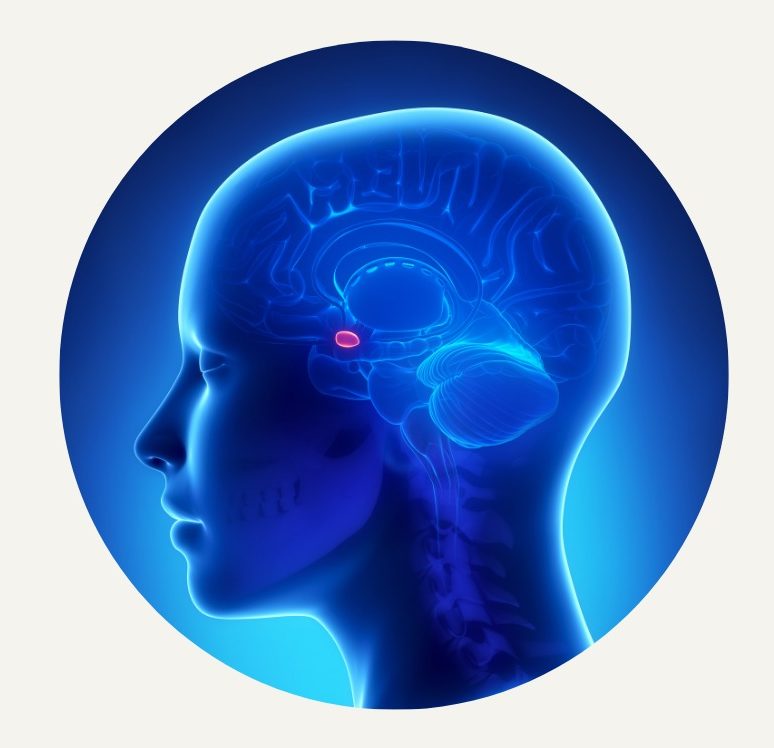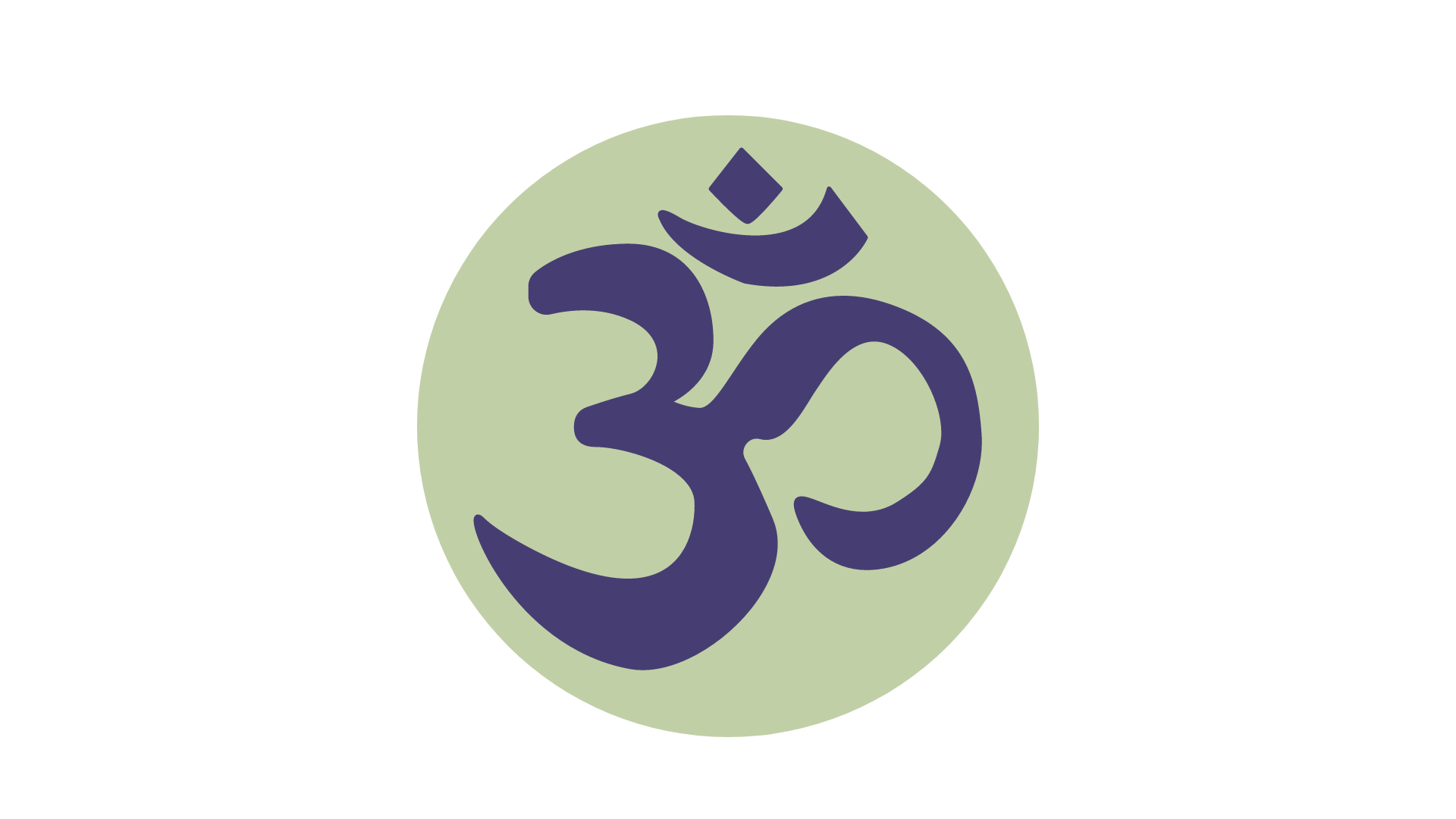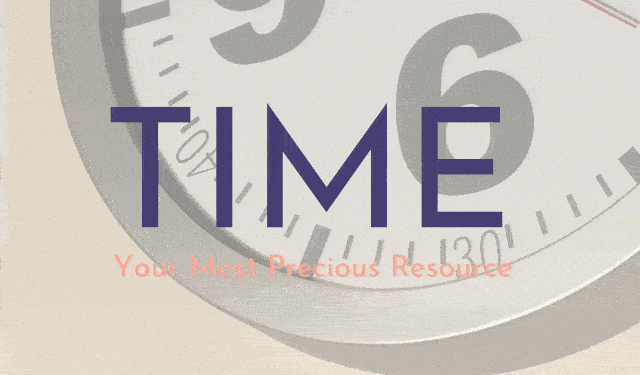Back in the day, or should I say before the industrial revolution and even in modern times, we as children used to be more in tune with nature and operated on the time cycles of day and night in sync with the sun and moon. This resulted in being more in tune with the seasons in the long cycle of one year. As the days grow shorter, then longer, seasons ever-changing continue forward in what seems like a straight line.
For most of us, when we were children, we spent a lot of time playing and being present without having to take care of our basic needs. We also were less self-conscious. Our actions often transcended thought - we weren’t overthinking things allowing us to be in the moment. When we were hungry, we ate. We didn’t adhere to schedules unless they were enforced. It seemed like we possessed a lot of time.

In a recent thread on the subject of time and our perception of it, Ashley Collard recently shared her thoughts on this. She said that even though time is elastic, our perception of it is relative. She points to the fact that when you are only five years old, one year of life is equal to twenty per cent of your time spent on Earth. However, when you have arrived at the fifty-year mark, one year represents merely two per cent of the time you have spent on the planet. It seems like life is flashing by or speeding up!
Later the demands of institutions like schools and corporations or even small businesses begin to structure our days. We might indeed work at night or odd hours on someone else’s clock - time that doesn’t fit our natural rhythmic cycle. Years become decades and decades become lifetimes.
Human beings experience of time as adults can also seem faster because we merely repeat many behaviours without full consciousness. That is unless we change things up.
Unexpected events are more memorable and they require more brainpower to process. When subjected to new experiences our brains are pumped up. Think about when you travel to a new place or the first day of a new job. As children, most of our experiences are new to us. Things are novel.

When subjected to emergency situations our amygdalas get revved up and lay down memories on what neuroscientist David Eagleman calls a secondary memory track. The active brain in hyper mode is recording all of these details consciously creating a high density of memories. Normally, when it's business as usual, our brains still record details but unconsciously. A lot of our life can become habitual, requiring less attention.
Here’s the thing - time is a dimension and a concept. When we are in an ordinary state, our brains register an activity after it has happened – our consciousness lags 80 milliseconds behind actual events. Hence, our reality is unreal since we are always in some way living in the past, even if it’s only a millisecond.
What we believe is the present is undeniably the past - even if the difference is only a few milliseconds. In high-density active situations, the details and memories are processed into an experience that coming into our consciousness can feel like slow motion. Based on our normal experience of time, our brain concludes that an event must have taken a long time. Another trick of time, or should I say, the brain, is that time can feel longer when we are in pain. It is purely our perception.
Hence how do we stretch time? One way is to create novelty. If you traverse the same route to work each day, take an alternative form of transportation or if you go by foot, then take a different route than you normally would. Brush your teeth with a different hand or partake of your food with chopsticks instead of a fork. Do something different. This will force your consciousness to engage; your brain won’t be able to predict what is going to happen next.

When subjected to emergency situations our amygdalas get revved up and lay down memories on what neuroscientist David Eagleman calls a secondary memory track. The active brain in hyper mode is recording all of these details consciously creating a high density of memories. Normally, when it's business as usual, our brains still record details but unconsciously. A lot of our life can become habitual, requiring less attention.
Another and probably the simplest way is to treat time as your most precious resource. It is one of the least renewable resources, and it’s limited and fixed and frankly we never really know when our time is going to be up!
So ask yourself some of these questions -
Do you simply exist or, are you living? Are you undertaking things out of habit? Or are you being? Who are you spending your time with? What are you spending your time on? Is it your life’s work? Or are you intentionally raising children? Are you creating new experiences on your own or with friends or a partner? Are you taking the time to nourish your mind? To learn new things? To help other beings? Are you taking the time to genuinely enjoy your life? To live the life that you undoubtedly deserve?
Intentionally make the most of this precious commodity — your precious time — your life on Earth. Choose happiness.
Lasting happiness does not lie in the future. It is here now. Choose happiness.


